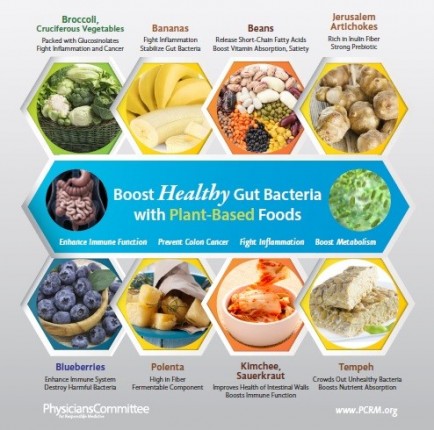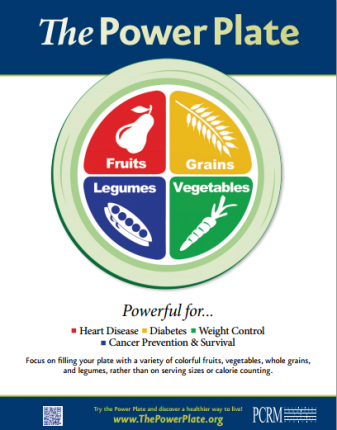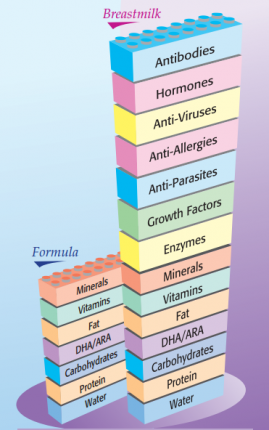Did you know that there are 10 times more bacteria cells in our bodies than there are human cells, many of which are found in our intestines? Each individual has a unique make up of gut bacteria that is determined based on genetics, diet, antibiotics exposure, type of delivery at birth and age. One of those most important factors of which we can control is our diet.
The bacteria in our intestinal tract influence our health in several ways. These bacteria are essential for our wellbeing- without them or with a bacterial imbalance, our health could negatively be affected. Researchers are finding that these gut bacteria could be just as important as diet and exercise in preventing obesity and type 2 diabetes. In fact, researchers have found that obesity and type 2 diabetes are associated with a less diverse bacteria in the intestines. Therefore, a thriving and diverse bacterial make up in our intestines is extremely important to achieve optimal health.
A healthy gut with a diversity of bacterial species is associated with better nutritional status, fewer chronic diseases and better overall health.
So how can we achieve this? The good news is that we can change our gut microbiome to be healthier and more diverse based on what we eat in just 24 hours!
One of the ways to improve your gut microbiome is to increase your consumption of fiber. Along with helping out your gut, fiber can aid in weight maintenance, improve cholesterol levels and reduce inflammation, fiber can also help improve your gut microbiome. It is recommended that women consume 25 grams/day and men consume 38 grams/day and is found in high amounts in whole grains, fruits & vegetables and legumes.
Dietary ways to improve gut bacteria:
↑ Plant-based starches
↑ Dietary fiber
↑ Yogurt intake
&
↓ Fat and animal protein intake

Sources for this post and more information:
National Institute for Health
Today’s Dietitian
American Diabetes Association
Physicians Committee for Responsible Medicine



